FERTILIZE
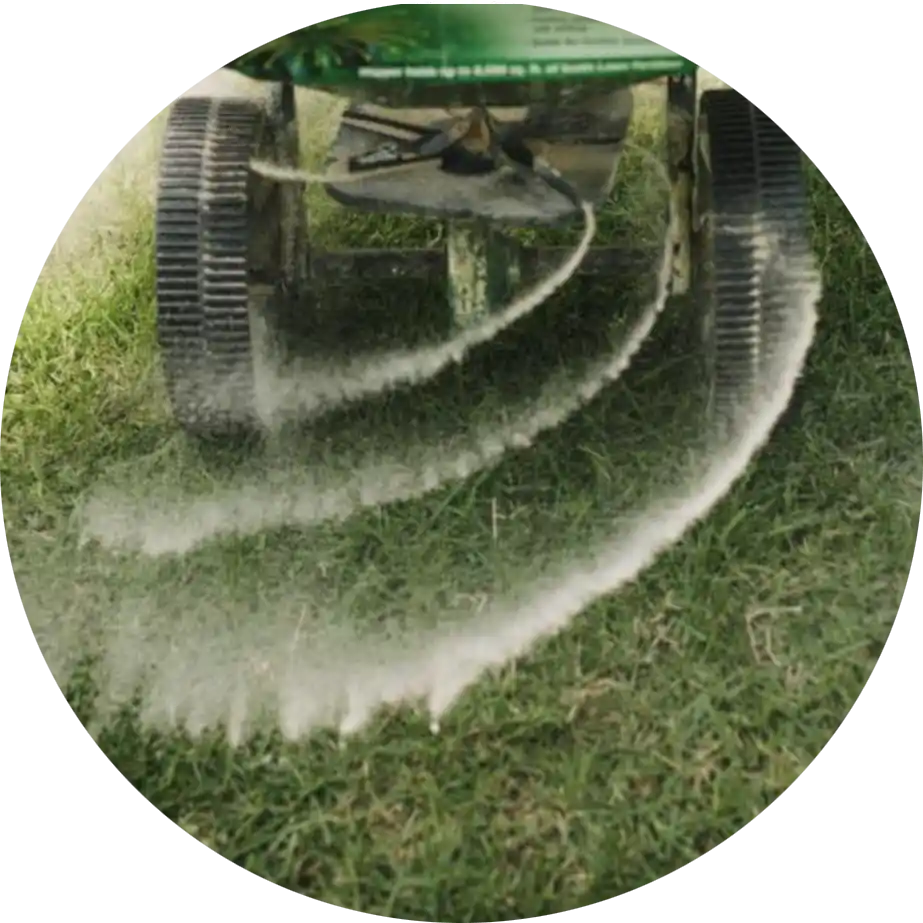
Fertilize trees and blooming shrubs once their flowers have faded. Follow the soil test recommendations.
WATER

Use the cycle-and-soak method on your lawn. Water other plants deeply and as infrequently as you can to encourage deep roots in preparation for stricter water restrictions.
PLANT

Get the last of the bedding plants in the ground right at the first of the month so roots can become established before the heat arrives. Switch out container plants to warm season annuals that can take the heat.
SOIL
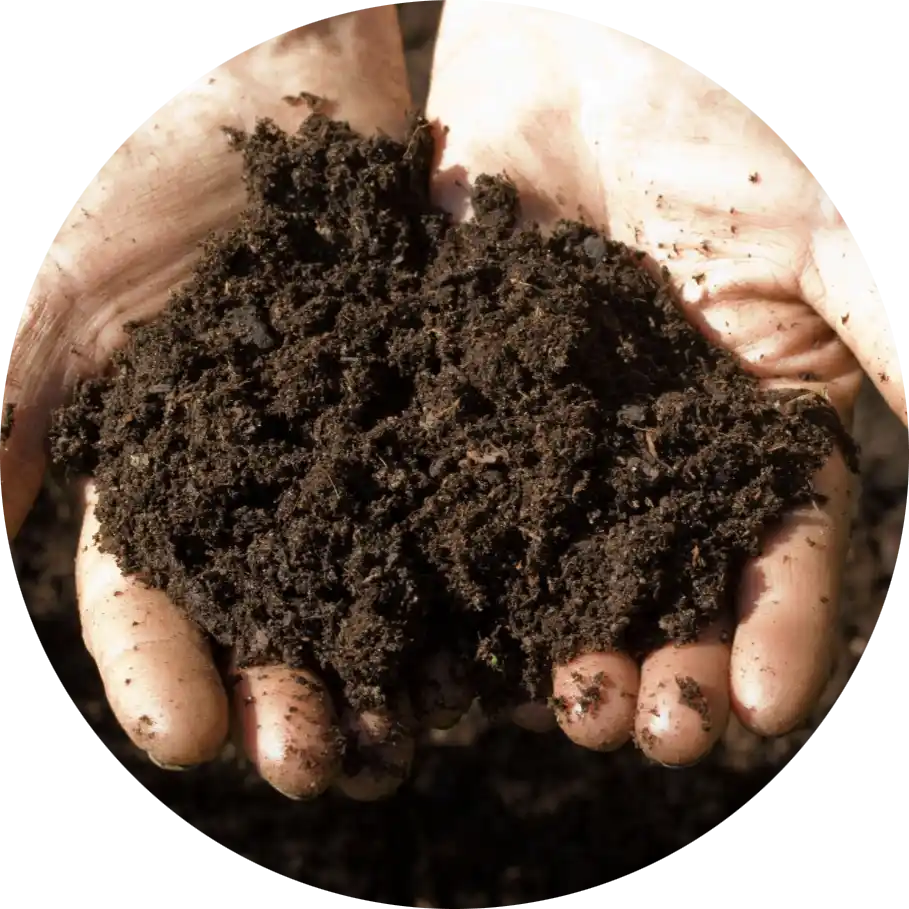
Apply a compost layer and then mulch to suppress weeds and retain moisture. Consider growing a summer cover crop like cow peas or vetch in areas that you can later cut and drop into place for mulch.
LAWNS
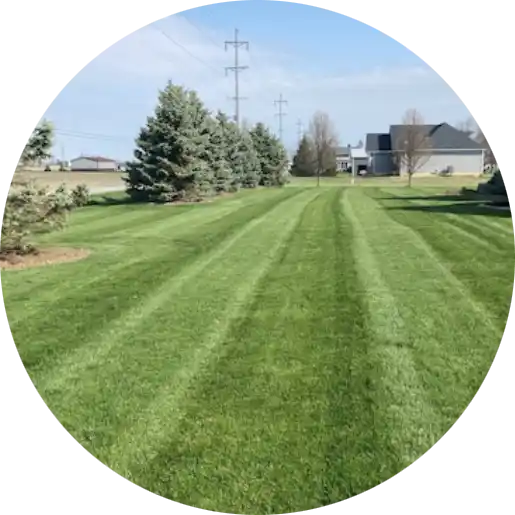
Mow as needed and leave clippings on the lawn to maintain soil organic matter.
DISEASE/PEST
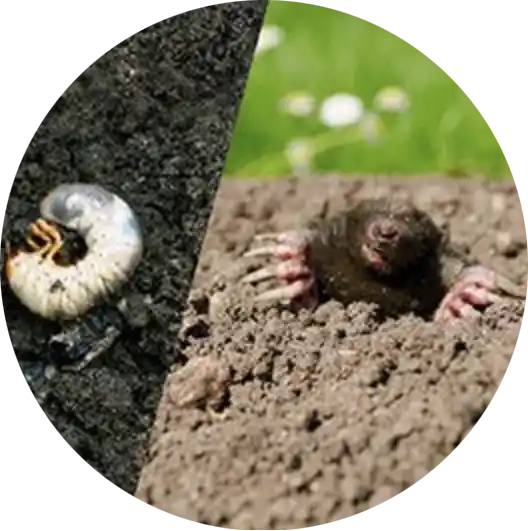
Hornworms will be more prevalent, especially in the vegetable garden. Pick them off plants when you see them and feed them to the birds. Blackspot and other fungal diseases will be prevalent due to the rain. Apply fungicides according to label directions between periods of rain. Monitor vegetable garden for squash vine borers, cabbage loopers, corn earworms, and beetles. Rather than spraying, bag and destroy infested plants since they are nearing the end of their harvesting season.
MAINTENANCE
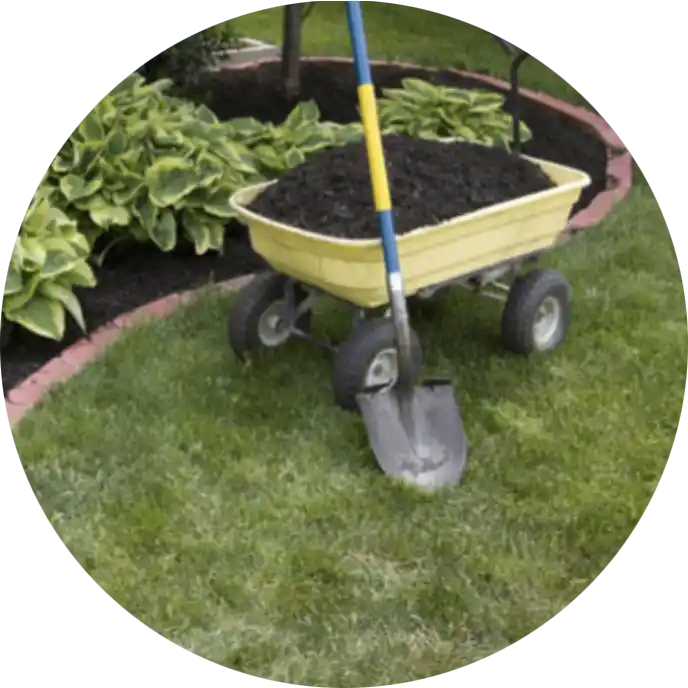
Keep up with weeding and don’t let them produce seed. Make yourself a weed wiper to spot treat. Since most weeds are annuals, they will go dormant in the coming heat and give you a respite. Prune the last of the spring blooming trees and shrubs after blooms fade. Apply fertilizer according to soil test recommendations. Install drip irrigation systems in ornamental and vegetable beds in preparation for summer. Deadhead flowers.
GARDEN

If you’ve planted potatoes, harvest a few new potatoes from the perimeter of the potato plant by carefully pulling back the soil without disturbing the plant. Watch for squash vine borer eggs at the base of stems. Harvest onions when the tops fall over, then let them dry for a week before storing. Plant heat-loving plants like sweet potatoes, Malabar spinach, okra, and Southern peas. Eggplant and pepper transplants can still be planted early this month.
TREECARE
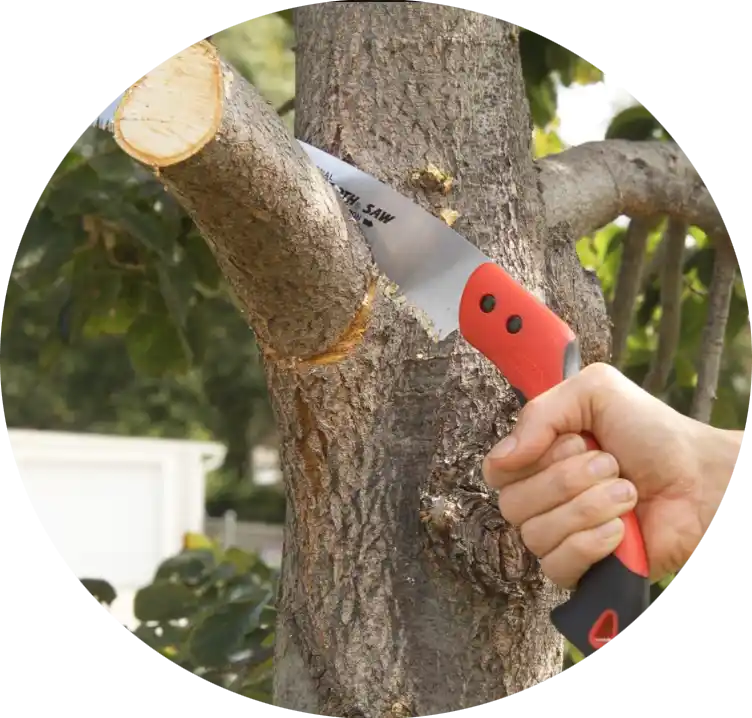
What you can do:
- Check for insect and disease damage on trees and shrubs.
- Observe trees for deadwood and especially pecan trees due to their method of self-pruning.
- Pay close attention to dead or hazardous trees.
Consider requesting a professional to:
- Continue proper pruning.
- Dead or hazardous tree removal.
- Prune and shape hedges after new growth has appeared.
- Recognize and manage insect and disease activity.
- Continue spring fertilization program.
- Continue to plant trees.
- Oak wilt inspection.

